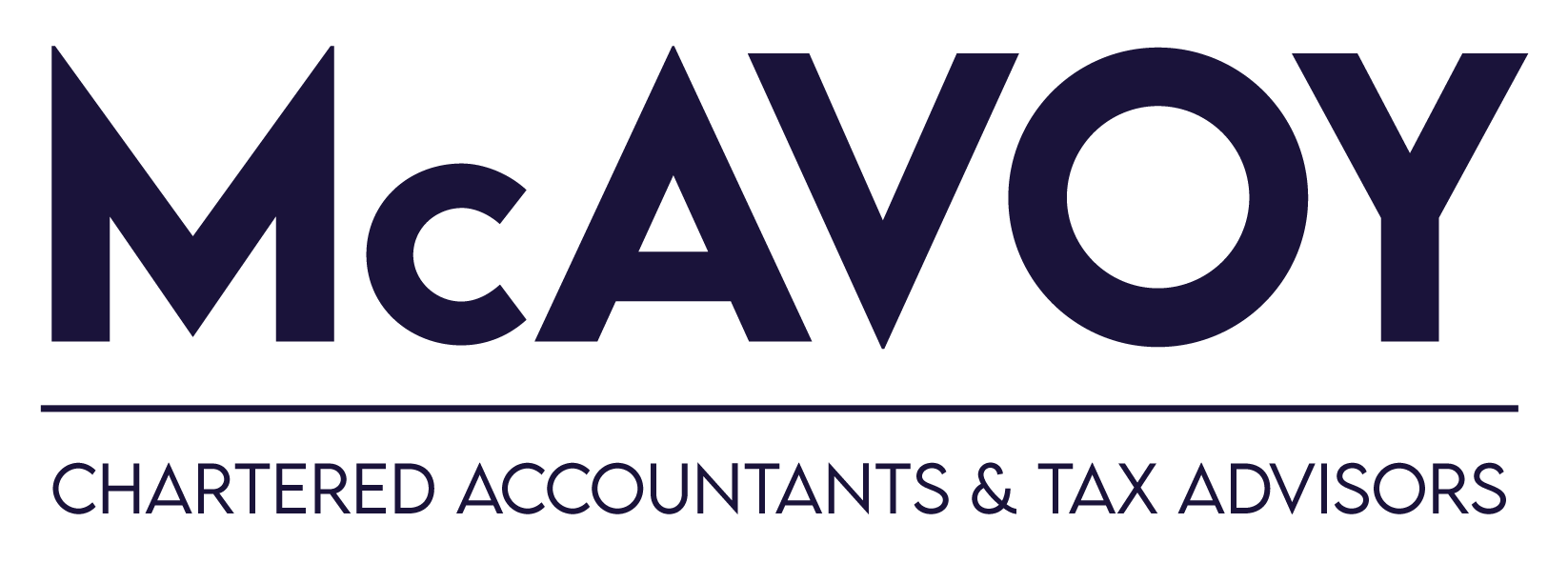
Acquiring funding from private investors remains one of the most significant challenges facing developing Irish companies. Research undertaken in the finance industry showed that investment from Venture Capital (VC) Groups (so-called “angel” investors) declined by a third in 2023. It’s hoped that the new relief introduced in Finance Act 2023 to grant a more favourable rate of Capital Gains Tax (CGT) to early-stage investors will encourage the angels to focus their attention back to the Irish SME market.
Investment in Ireland’s indigenous SME market has traditionally come from a mixture of private investment (typically through the aforementioned “angel” investors) and State-backed funding, through vehicles such as Enterprise Ireland. However in recent years, Enterprise Ireland has taken a more prominent role in early market investment as the level of VC funding in Ireland has fallen back.
In contrast, VC investment in Europe has proven more resilient. This indicates that angel investors are focussing more on our European neighbours than on development opportunities in Ireland.
The new relief, introduced in Finance Act 2023 and which will come into effect by Ministerial Order, clearly aims to reverse that trend. It applies a CGT rate of 16% on qualifying gains of up to twice the value of the initial investment in innovative SMEs. With the normal rate of CGT standing at 33%, for a qualifying investor, for those looking to make a qualifying investment in an innovative SME, this relief may present a lucrative opportunity.
The relief applies when a qualifying investor disposes of a qualifying investment (in full) of shares in a qualifying company. The amount of the chargeable gain to which the angel investor relief (i.e. reduced CGT rate) applies is the lowest of:
· the chargeable gain,
· twice the amount of the qualifying investment in the eligible shares disposed of, or
· the €3m lifetime limit less chargeable gains from all prior claims under this section.
As an example of how the relief would work, suppose that a qualifying investor makes a qualifying investment of €100,000 in a qualifying company. Three years later, the investor sells his shares in the qualifying company for consideration of €1 million. The investor will pay CGT at 16% on the lowest of the following amounts:
· The chargeable gain of €900,000,
· Twice the amount of the qualifying investment in the eligible shares which are sold (€200,000) or
· The €3 million lifetime limit (less any previous claims under this relief)
On this basis, from consideration received for the disposal of the qualifying investment of €1 million, the investor will pay CGT of €263,000 (i.e. 16% of €200,000 and 33% of €700,000).
In contrast, if the disposal did not qualify for the relief, the investor would be on track to incur a CGT liability of €297,000 (i.e. 33% on the chargeable gain of €900,000).
To disentangle the conditions for the relief, a brief outline is included below (although for a more detailed consideration, we would advise that you contact our office)
What are the conditions for the qualifying investment company?
For a company to present itself as a qualifying company for the angel investor relief, the following conditions must be met:
· The company must be incorporated and tax resident in Ireland, another EEA State or the UK,
· The company must be a trading company, engaged in relevant trading activities, with a current tax clearance certificate,
· The company must not be controlled by another company, must be an unquoted SME company and all of the company’s issued share capital must be fully paid up,
· The company must be an innovative enterprise, with a focus on the development of new or substantially improved products, services or processes,
· The company must have a business plan and be reasonably considered capable of implementing this plan and,
· Finally, the company must obtain a “certificate of going concern” and a “certificate of commercial innovation” from Revenue to confirm to investors that they meet the conditions for the relief and all of the conditions outlined above.
What is a qualifying investment?
For the investee company, a qualifying investment is an investment based on a business plan and must not constitute expansion risk finance. The investee company should provide the investor with its certificates of qualification.
For the investor, a qualifying investment under the terms of the relief includes:
· An investment in new ordinary share capital in the qualifying company, valued at a minimum of €10,000 where the investment represents not less than 5% of the company’s ordinary share capital or €20,000. The investment cannot be for more than 49% of the qualifying company’s ordinary share capital, entitlement to profits available for distribution and voting rights.
· The investor must hold the shareholding for a minimum period of three years from the date of investment
Who is a qualifying investor?
The conditions to be a qualifying investor for the angel investor relief are the following:
· The investor must not be “connected” with the investee company i.e. the investor cannot be a partner, director or employee of the investee company,
· The investor must subscribe for shares in the investee company wholly in cash (i.e. not a payment in kind), by way of a bargain at arm’s length and for bona fide commercial reasons.
Where all of the above conditions are met, the relief will apply to the disposal in full by the qualifying investor of the qualifying investment after a period of 3 years. The relief will work with the other CGT reliefs (i.e. retirement relief and Revised Entrepreneur Relief) such
that if a greater level of relief is given to the qualifying investor under either of those reliefs, then those reliefs will apply in priority to the angel investor relief.
While the new legislation requires careful consideration by both the investee companies looking to qualify for the relief and investors looking to make a qualifying investment, there are clear opportunities to be had for the savvy angel investor. It can be hoped that this targeted relief will help to revive interest from Irish and European VCs in Ireland’s SME and start-up market to build on our strong tradition of innovation and enterprise.
Stephanie Kirby is a tax director of McAvoy & Associates, a Cork-based tax and business advisory firm.


